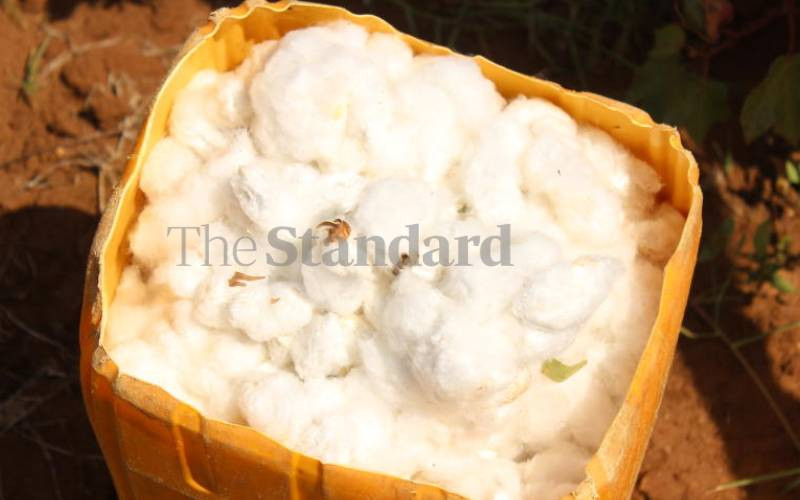×
The Standard e-Paper
Kenya’s Boldest Voice

Kirinyaga University researchers have developed a portable multipurpose cotton ginning machine that is set to improve farmers earnings.
Lead researcher Dr Dennis Muchangi said the micro-ginnery has an oil extractor component that will separate seeds from lint - ensuring farmers get value for money for their cotton.